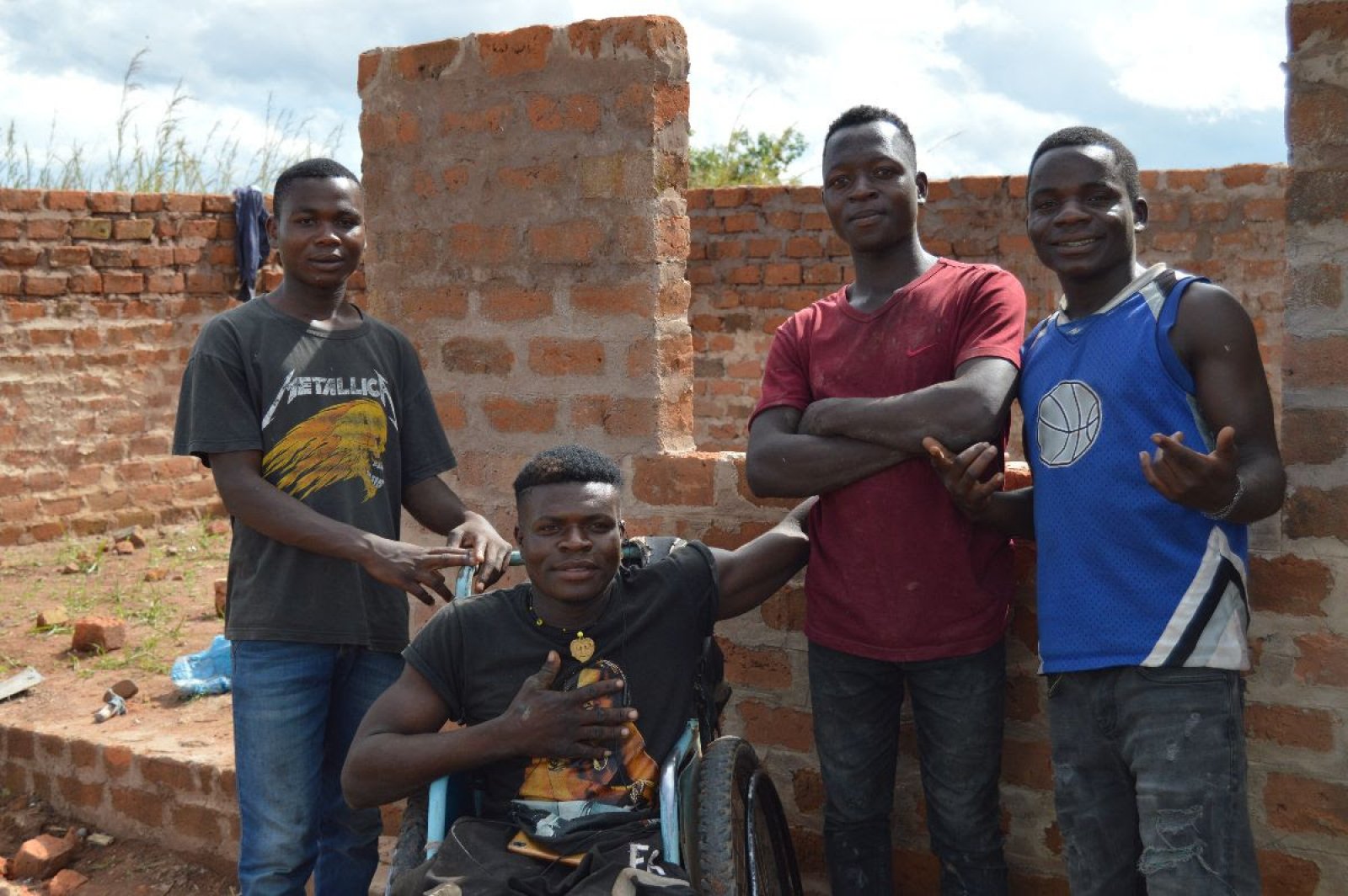
SHARE
ISSUES
In 1995, the Zambian government established the Constituency Development Fund (CDF) as a tool to support small community projects and foster local development. Since its inception, CDF has evolved in scope and scale to support more resource-intensive community projects, including constructing schools, health facilities, and market shelters, rehabilitating roads and bridges, funding skills development courses to empower youth, women and persons with disabilities and providing scholarships for secondary school education. Over the past 30 years, CDF’s budget has grown significantly as Zambia pushes to decentralize governance and bolster the capacity of local governments to support their constituencies. In 2021, the CDF budgetary allocation increased from K1.6 million per constituency to K25.7 million per constituency (approximately $89,700 to $1,440,000), and allocations have continued to rise in subsequent national budgets.
The large increase in funding for the Constituency Development Fund elevated civil society representatives' concern at the lack of mechanisms to ensure transparency, accountability, and meaningful inclusion of community members in CDF processes. With funding from the National Endowment for Democracy, NDI worked with the Jesuit Centre for Theological Reflection (JCTR) to conduct a pilot project monitoring these concerns. The pilot project focused on collecting data across four constituencies to serve as a foundation for raising awareness about the CDF process and advocating for improvements in implementation. NDI worked with JCTR to develop paper-based checklists and monitoring tools to collect data from the local authorities and citizens in the host communities. JCTR used these tools to monitor the information shared with communities about the CDF, the level of citizen participation and transparency in project selection, and whether local authorities produce and share project monitoring reports.
JCTR used the high-quality data gathered by its trained monitors to demonstrate that civil society’s concerns about transparency, accountability and inclusion played out across the four target constituencies. Their analysis noted that local authorities often did not fulfill requirements set out by the national government, failing to provide feedback to applicants on rejected projects, produce or share project monitoring reports, or publicize CDF projects in host communities.
After conducting this monitoring exercise, NDI provided support to JCTR to use data collected to identify and propose specific policy recommendations designed to improve the Constituency Development Fund at the legislative, administrative and implementation levels. JCTR shared their findings with pilot project participants in order to raise awareness of how CDF projects affect their communities. Based on this analysis, JCTR then collaborated with local authorities and community members to create action plans to address their concerns. At the national level, JCTR developed relationships with decision-makers responsible for legislating and administering CDF – including Members of Parliament and a variety of Ministries – to share their data-driven recommendations. Following these successful outreach efforts, the Zambian National Assembly invited JCTR to make a parliamentary submission and present its recommendations to the committee on proposed amendments to legislation governing the CDF. JCTR now has the tools and access it needs to advocate for legislation and implementation mechanisms that can make CDF more effective and responsive to the needs of the communities it is designed to empower.
JCTR has earned the trust of local community leaders and national decision makers alike, making them one of Zambia’s most credible and influential voices on the CDF.
“The ultimate realization of democracy in a country is seen through the availability of quality access to basic service provisions such as health, food and education to all citizens. It is justifiable to argue that CDF significantly contributes to the enhancement of democracy. Therefore, CDF should be a platform for ordinary citizens to directly influence the kind and quality of democracy they want by being protagonists of their own development destinies.” - John Kunda Sauti, JCTR Program Officer
Building on the success of the initial pilot monitoring program, NDI will now support JCTR in expanding its monitoring program to eight constituencies. JCTR will build on its previous findings in order to further explore barriers to community participation in CDF, particularly among marginalized communities. JCTR will continue to convene civil society to form a unified advocacy effort dedicated to reforming CDF. By learning from constituencies who interact with CDF every day and sharing their findings, JCTR hopes to set CDF on a path to better fulfill its founding mission – fostering local development and empowering Zambians to implement the changes they want to see in their communities.
Author: Coretta Mwanza, NDI Zambia Program Officer
NDI’s engagement with this program is implemented with the support from the National Endowment for Democracy (NED) program.
Related Stories:
Tackling Zambia’s Debt Problem: Supporting Debt Management Reforms through CSO Collaboration
Speak Youth to Power: Empowering African Party Youth Leadership
Women in Tanzania Striding Towards Reform
###
NDI is a non-profit, non-partisan, non-governmental organization that works in partnership around the world to strengthen and safeguard democratic institutions, processes, norms and values to secure a better quality of life for all. NDI envisions a world where democracy and freedom prevail, with dignity for all.


